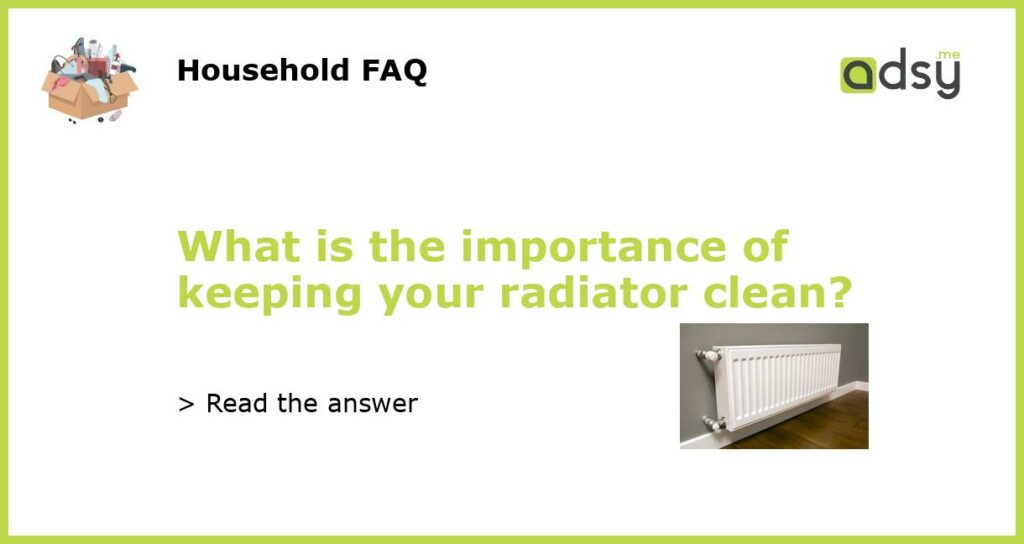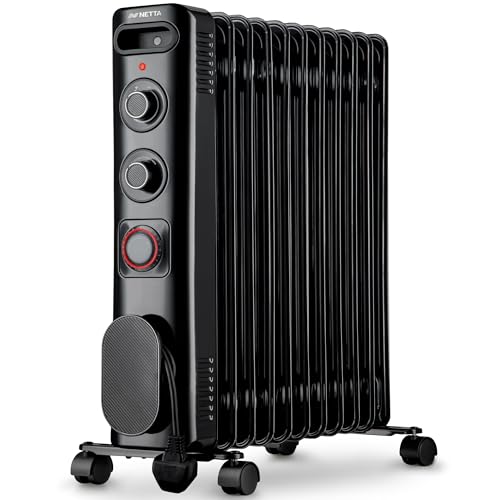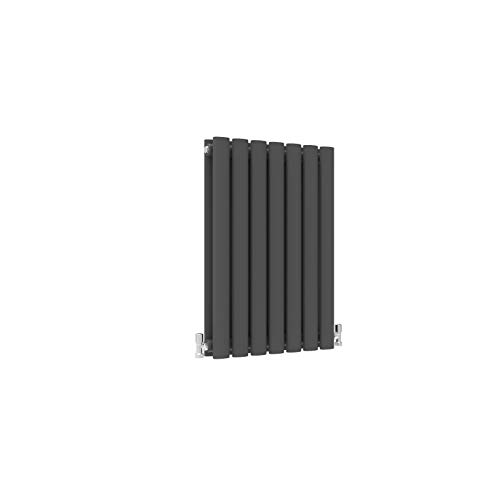The Fundamentals: What is a Radiator and What Does it Do?
Despite being one of the most important components of your vehicle, many people don’t actually know what a radiator is or what it does. In simplest terms, a radiator is a heat-exchanging device that helps to keep your engine cool. It works by circulating coolant fluid from the engine through metal fins on the radiator, which allows heat to be released and dissipated into the air around it.
As you can imagine, this is a vital process for keeping your engine running smoothly and preventing it from overheating. That’s why it’s so important to keep your radiator clean and well-maintained – any blockages or buildup of dirt and debris can seriously impede its functioning and put your engine at risk of damage.
Dangers of a Dirty Radiator: Overheating and More
So, what happens if you don’t keep your radiator clean? There are a number of potential consequences, all of them serious. First and foremost, a dirty or clogged radiator is a major risk factor for engine overheating. When the radiator can’t effectively release heat from the coolant fluid, the engine’s temperature will continue to rise, eventually reaching dangerous levels that can cause significant damage.
In addition to overheating, a dirty radiator can also cause issues like poor fuel efficiency, reduced engine performance, and even transmission failure. All of these problems can be extremely costly to repair, making it all the more important to take proper care of your radiator and keep it clean and free of buildup.
The Importance of Regular Maintenance and Cleaning
Given the risks associated with a dirty radiator, it should come as no surprise that regular maintenance and cleaning are absolutely essential. But what does this entail, exactly? Some of the key things you’ll need to do to keep your radiator in good shape include:
- Flushing and replacing coolant fluid on a regular basis (as recommended by your vehicle’s manufacturer)
- Cleaning buildup and debris from the radiator fins using a soft brush and low-pressure water hose
- Bleeding the air from the coolant system to ensure proper circulation
- Checking for leaks and other signs of damage or wear and tear
If you’re not confident in your ability to perform any of these tasks yourself, it’s always best to take your vehicle to a trusted mechanic or auto service professional. They can help ensure that your radiator is functioning correctly and identify any potential issues before they become major problems.
The Bottom Line: Keep Your Radiator Clean and Your Engine Happy
At the end of the day, the bottom line is clear: keeping your radiator clean and well-maintained is essential to the long-term health and performance of your vehicle. Whether you’re a professional driver or a casual commuter, taking the time to care for your radiator will pay off in the long run by preventing costly damage and keeping your engine running smoothly for years to come.






